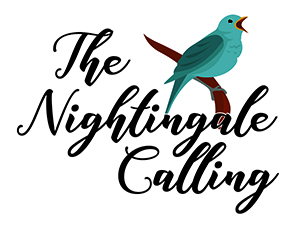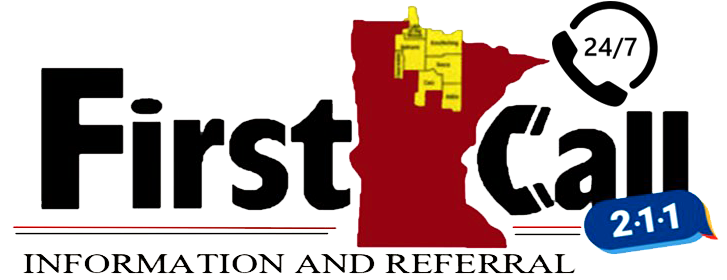
What is Nightingale Calling?
Nightingale Calling is a recognition program for individuals who have included First Call for Help in their estate plans or those who have made another type of future gift in support of advancing First Call’s mission. First Call was built with volunteers and though it has grown and changed, our mission remains to provide resources and support to those who are experiencing a crisis. Your legacy gift can ensure that we are able to continue to be here to benefit future generations with the support that they need. We welcome gifts of any amount to join the Nightengale Calling.
First Call for Help of Itasca County Mission is:
The Mission of First Call For Help / 2-1-1 is to provide free, confidential and non-judgmental active listening; information, resources, and referral; and crisis assessment, intervention, and stabilization services 24 hours a day, 365 days a year to the residents and agencies of Greater Minnesota.
Donations that are set up now to be donated at a future date. This planned gift is usually arranged for after the donor has passed away. This can be made as a bequest in a donor’s will.
- To include First Call for Help in your will or living trust, here is a sample paragraph:
“I give, devise, and bequeath to First Call for Help of Itasca County, a Minnesota nonprofit corporation and qualified 501(c)(3) organization, located in Grand Rapids, Minnesota, Federal Tax ID Number 36-3541015, the sum of _______________ (or % of my estate), (or other personal property herein described) to be used for crisis programs at First Call for Help.”
Reasons to consider Legacy giving with First Call for Help:
Other legacy gifts can include gifts of:
- life insurance – If you have a life insurance policy that is no longer needed for your family, designating First Call for Help of Itasca County as a beneficiary is a simple way to support our work.
- Retirement Plan/Beneficiary Designation (401 (k), 403 (b), IRA, Keogh, Brokerage Account) - Donors can name First Call For Help of Itasca County as a beneficiary of all or a specified percentage of their IRA, 401(k), 403(b), or other retirement plan. (Individuals who inherit retirement plan assets are usually required to pay income tax on them, so they're often considered among the best assets to leave to charity.)
- If there are other types of donations that you would like to make this would be discussed with our agency and would pend board approval.

